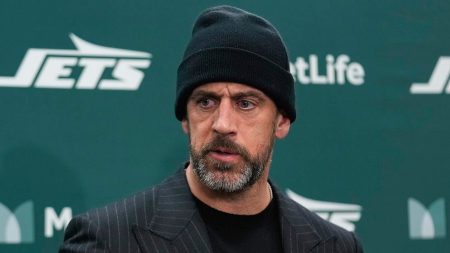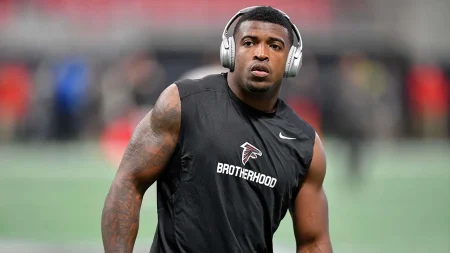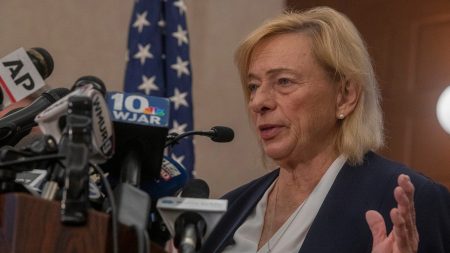The LPGA’s recent decision to ban post-puberty biological males from competing in professional women’s golf has ignited a debate surrounding fairness, inclusion, and the preservation of women’s sports. This move, widely applauded by women’s sports advocates, stems from the controversy surrounding transgender golfer Hailey Davidson’s participation and subsequent ban from the NXXT Golf Tour, a developmental tour with ties to the LPGA. Davidson’s case became a focal point in the discussion about transgender athletes in women’s sports, ultimately leading to the LPGA’s landmark rule change.
Hailey Davidson’s involvement in the NXXT Golf Tour, acquired by venture capitalist Stuart McKinnon in January 2023, highlighted the complexities of existing rules regarding transgender athletes. McKinnon, motivated by a desire to create more opportunities for female golfers, inherited Davidson as a participant due to then-current regulations permitting transgender athletes in LPGA-sanctioned events. Despite his initial adherence to these rules, fueled by concerns about potential penalties impacting the tour’s players, McKinnon’s observations of Davidson’s performance led him to question the fairness of the situation.
Witnessing Davidson’s dominance on the tour, including a first-place finish that positioned her for an Epson Tour exemption (the pathway to the LPGA Tour), McKinnon, a father of five daughters, grew increasingly uneasy. He likened the situation to a hypothetical scenario of his daughter playing soccer against a much larger male opponent, expressing his protective instincts and concerns about potential physical disparities. While acknowledging that golf doesn’t typically involve physical contact, McKinnon believed Davidson possessed a significant competitive advantage.
This conviction spurred McKinnon and the NXXT to ban Davidson from the tour in March 2023, a decision that sparked national controversy but also garnered significant support. McKinnon defended his actions, citing Davidson’s driving distance, which he claimed was considerably longer than publicly stated. He also described consulting with scientists and experts, as well as conducting an anonymous poll among NXXT players, which he asserted overwhelmingly favored Davidson’s removal. Despite anticipating backlash, McKinnon emphasized his family’s commitment to doing what they believed was right.
Contrary to expectations, the backlash following Davidson’s ban was minimal. McKinnon reported receiving a surprising amount of support, a reaction that he believes paved the way for the LPGA’s subsequent rule change. He commended the LPGA for its courage in enacting the ban, acknowledging the potential financial risks associated with losing sponsorship deals, which have not materialized. The LPGA’s decision effectively aligns with the NXXT’s earlier action, creating a consistent policy across professional women’s golf.
The LPGA’s new rule has been met with widespread celebration within the women’s sports community. Numerous female golfers, including Lauren Miller, Hannah Arnold, Dana Fall, and Amy Olson, have publicly expressed their support for the decision, viewing it as a victory for fair competition and the preservation of women’s sports. They emphasized the biological differences between men and women, arguing for the necessity of acknowledging these differences in athletic competition. This chorus of approval reinforces the growing sentiment that protecting the integrity of women’s sports requires distinct categories based on sex. While Davidson has voiced opposition to the ban, the overwhelming support from female golfers and organizations like the Independent Women’s Forum suggests a significant shift in the landscape of women’s professional golf.










